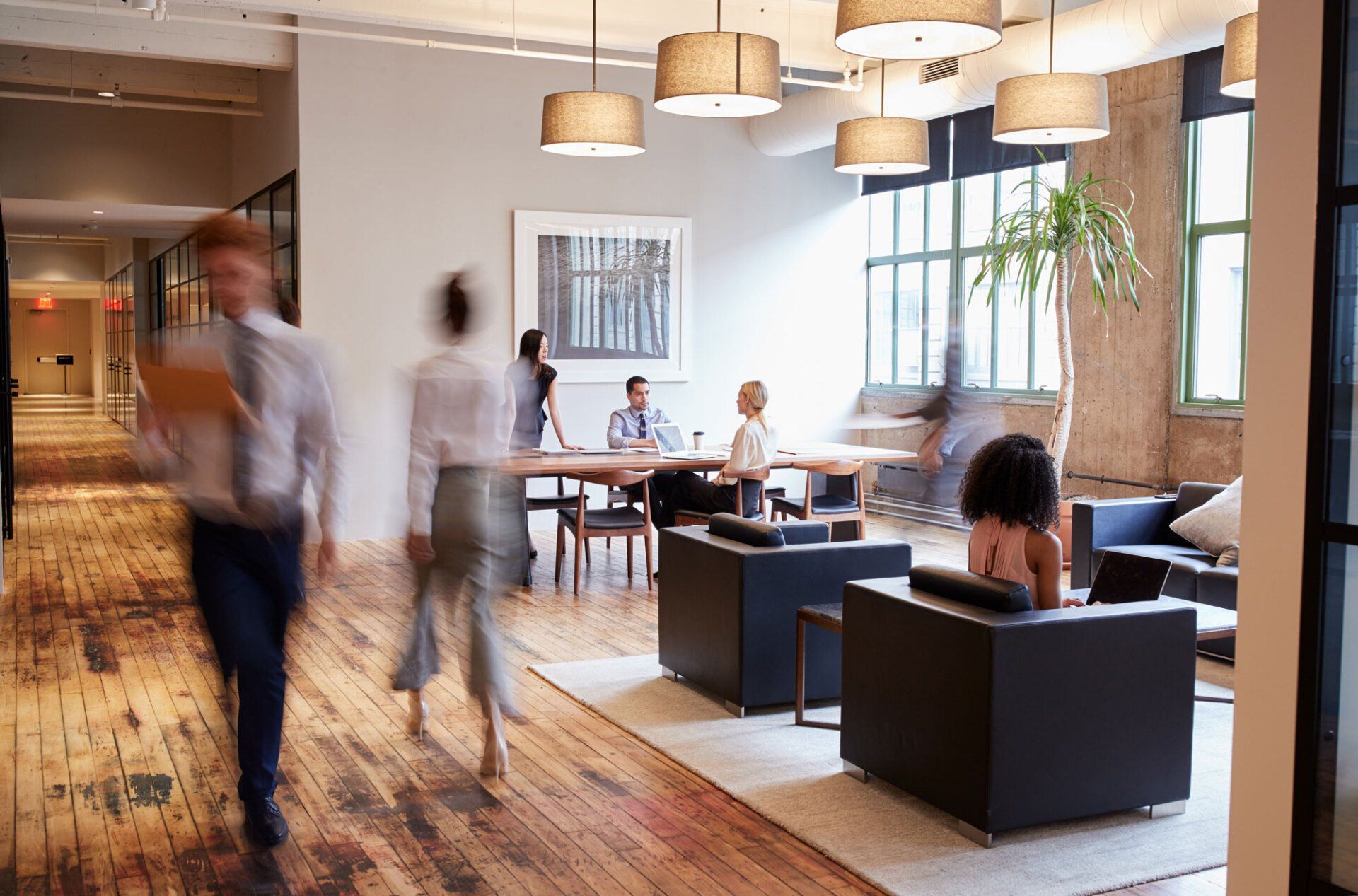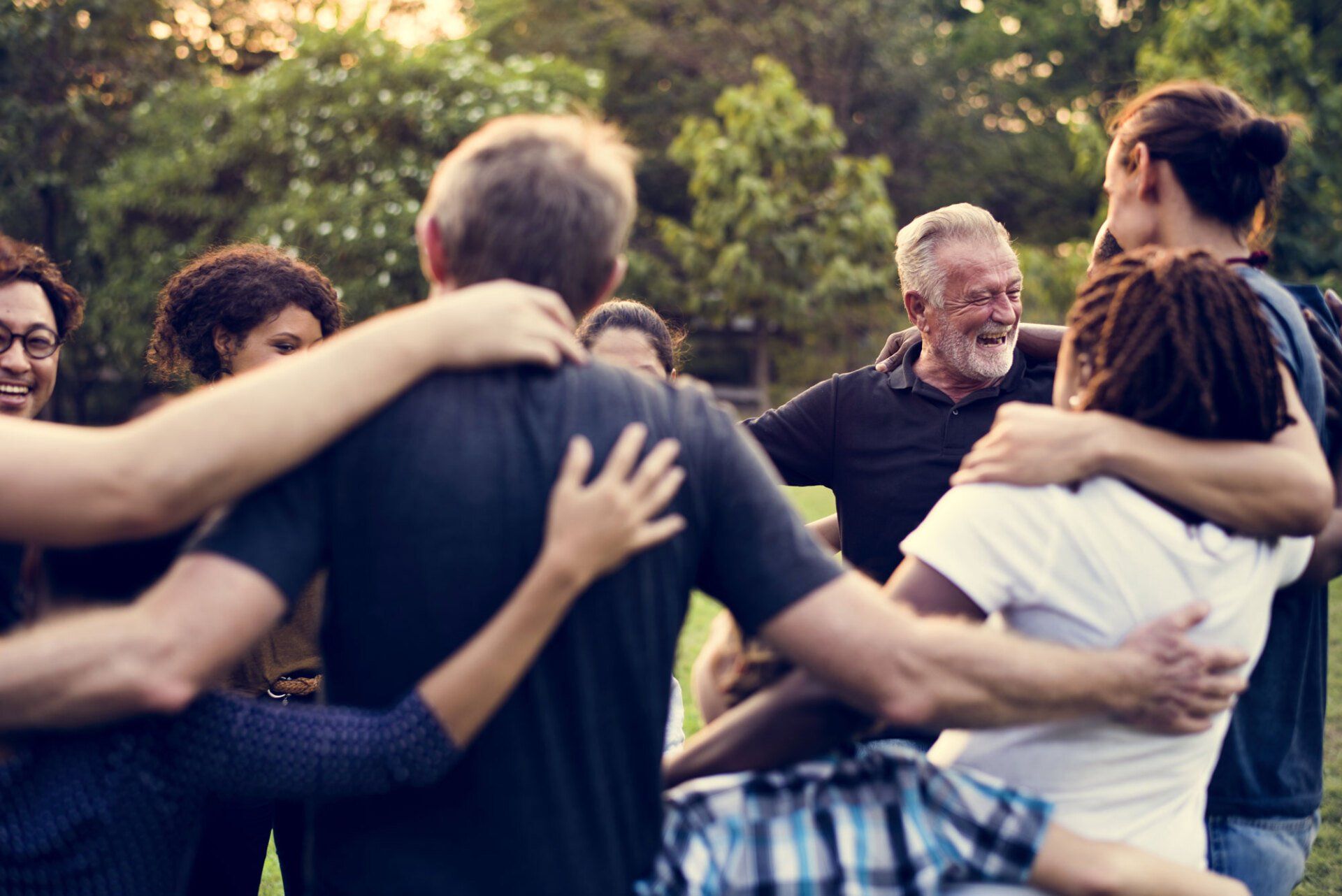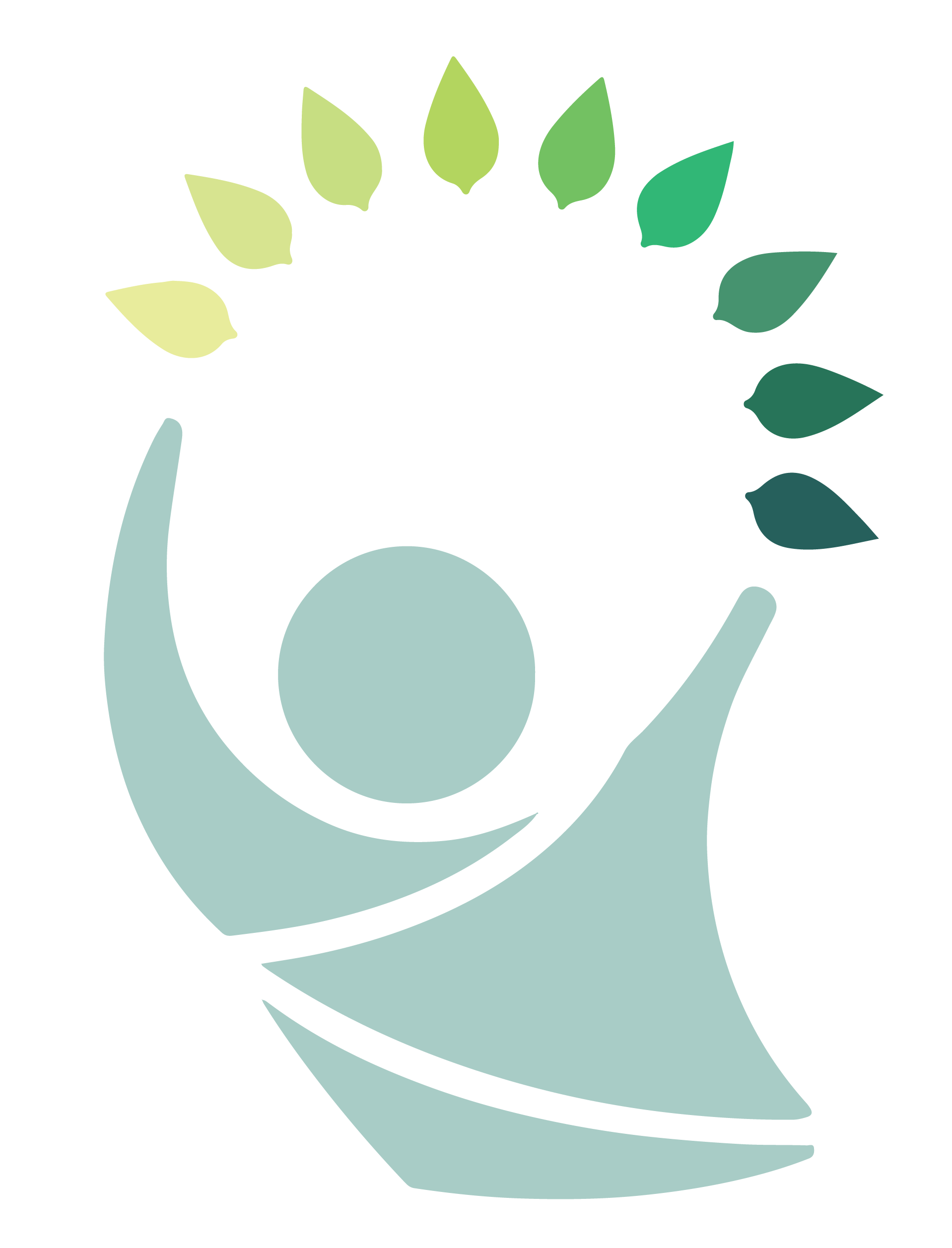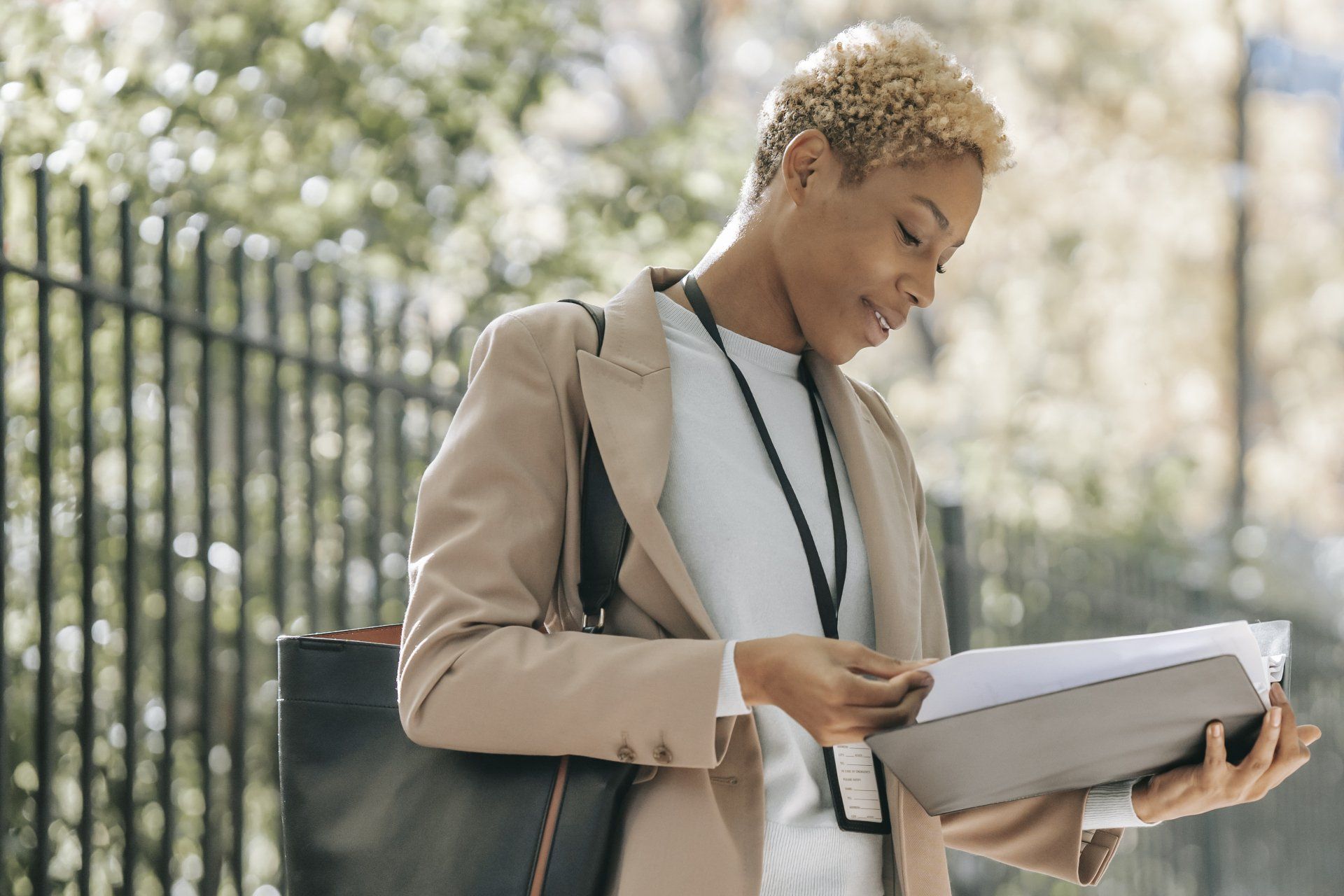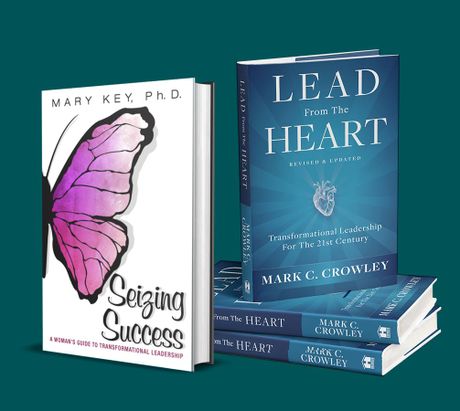September 24, 2022
I'm sure we all remember that day that the Pandemic was announced and how it changed our lives in so many dramatic ways. COVID has had dramatic effects on all of our dim ensions of wellness. Every aspect of our lives have been changed by COVID and post COVID specifically, and most importantly, mental health and occupational health.One positive outcome is that it has become more acceptable to speak about mental health issues and there is more support than ever before, which was much overdue and very needed.The research that I found on post COVID and the effects that it has had on mental health is severe. According to the world health organization, major depressive disorders and anxiety disorders have increased by more than 25% post COVID. This is around the entire world impacting mostly low and middle income countries and individuals dramatic effect. I've seen so many effects of post COVID, but the main ones that the research shows the most dramatic effects have been of course, stress, pervasive anxiety. There's now this fear of the next pandemic. So there's this pervasive, overwhelming anxiety, depression, and suicidal rates are higher. The biggest concerning symptom that I see in work health and emotional is this disabling loneliness and the disabling loneliness has dramatically impacted depression, suicide rates, anxiety, panic, and alcohol and drug abuse. According to the research, loneliness was already an epidemic before COVID. So after COVID, we're seeing an extreme, even more disabling loneliness, and I can relate a story. I live by myself. So during COVID, during those first initial months of complete shutdown, the only interaction I had with individuals was walking on my trail outside with other individuals with mask on, there was no physical, there was nothing. My very best days were when I at least saw someone on a trail with a mask on. And I can just imagine what young children, elderly individuals or other people experienced during that time. And families that were together all the time with virtual schooling and the chaos and emotion of their situations had their own issues as well. As far as occupational health, there has been extreme job burnout, chronic stress syndrome, exhaustion and anxiety and fatigue. A person that's extremely exhausted, fatigued and burned out is going to have a significant decline in their work performance. Even the way that people feel connected to the workplace and their behaviors of affiliation to the workplace have been altered. As we know, this led to an increase in alcohol and drug abuse, caused massive unemployment and mandatory work from home orders. And we saw that all in the workplace. But most importantly, again, this extreme isolation and loneliness has really led to an epidemic of loneliness and isolation. Its vital for companies to face the reality of this climate and to really make a true pivot and create an environment that supports their employees' mental health with compassion for what we have all gone through. Consider offering work from home solutions. Consider hybrid opportunities. And look at implementing a workplace wellness program. The CYOP organization (Society for Industrial Organizational Psychology) has done research to evaluate what the top trends for 2022 are for the workplace. They're finally going to address the mental health needs of employees. Again, this has been something that has been long overdue and the pandemic exacerbated the need to focus on mental health for our employees and organizations play a huge role in safeguarding, our employees, mental health.






